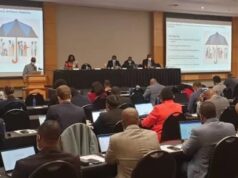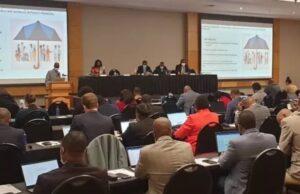
(3 minutes read)
Africa loses a staggering USD 88.6 billion each year due to illicit financial flows, this is a significant amount, Such losses are crucial to the region’s economic growth and development, considering that the continent’s GDP stands at $3 trillion.
These illicit financial flows, as defined by Global Financial Integrity, involve the illegal movement of money from one country to another, often through methods like money laundering, tax evasion, and other illegal activities. For Africa, the $88.6 billion leaving the continent equates to losing $100 for every $1 received as overseas development assistance. It’s a considerable loss that hinders progress.
These include engagement through international organizations like the Global Forum and the African Union, as well as the enactment of legal reforms to counter such activities. However, despite these efforts, some challenges remain, primarily relating to double taxation agreements (DTAs). Some DTAs are misused and no longer serve the purpose of promoting trade. They have been exploited for corporate inversions, enabling individuals to take advantage of tax treaties between different jurisdictions. Such misuse, including “treaty shopping” and “round-tripping,” poses significant challenges and contributes to the outflow of funds from Africa.
Read Also:
https://trendsnafrica.com/at-marrakech-africa50-pledges-to-finance-infrastructure-projects-in-waemu/
In the wake of these concerns, Uganda’s Ministry of Finance is working on the renegotiation of double taxation agreements with various countries, including Mauritius and the Netherlands. This effort is part of a broader strategy to curb financial malpractice and bolster the country’s economic stability.











